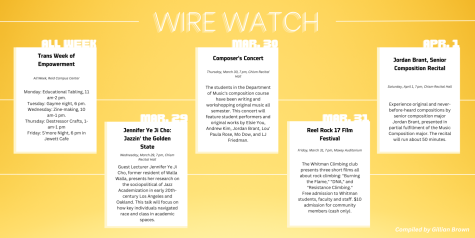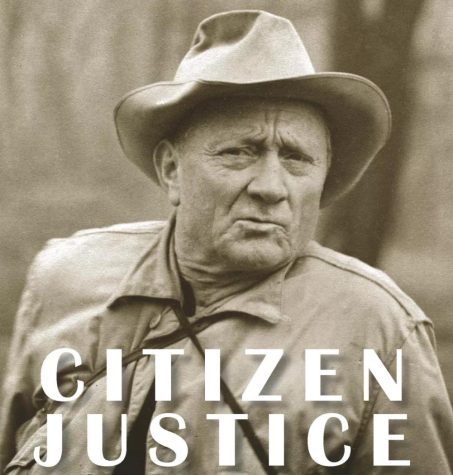Reframing workplace discrimination through the SCOTUS cases
October 19, 2019
On Oct. 8, the Supreme Court heard arguments for three cases that will determine the legality of workplace discrimination based on sexual orientation and gender identity. These arguments center around Title VII of the 1964 Civil Rights Act, under which it is illegal for employers to discriminate based on sex. The main argument in support of LGBTQ+ protection is that since you must consider someone’s sex when making judgments about their sexual orientation and gender identity, this kind of discrimination is necessarily illegal.
When I first heard about these cases, I was ecstatic. I had not paid attention to the Supreme Court docket since the legalization of gay marriage in 2015, and I was eager to see how the court would handle yet another queer rights case. Then I read the arguments and the slew of articles covering the cases, and my optimistic anticipation quickly turned to pessimistic realization.
These cases are risking my economic future, and for what? Even if the Court ruled in favor of employment protections, I would still feel uncomfortable with the way those protections came to be. The fact that my rights were provided by nine unelected officials and not my representatives or my community challenges any notions that real progress has been made. The Supreme Court was never supposed to be the vehicle through which legislation was created. It’s hard to know that my rights would not come from actual, intentional law, but from the interpretation of a single word.
The very nature of this argument makes me uneasy. Am I going to be given workplace protections because of a technicality? Am I going to lose workplace protections because of a technicality? There is no federal legislation explicitly mandating queer and trans employment rights, so to argue that these rights are implicitly present in Title VII is not only questionable, it is irresponsible.
My right to be fairly employed is not a tangential condition of Title VII. Workplace protection of queer folk should not be upheld based on a technicality; there is nothing technical about my experience. This right should not be granted to me through linguistic jiu-jitsu, it should be granted to me through direct action because equitable treatment is a basic human right.
It has become our political bread and butter to make change through pedantic scrutinization in the courts instead of through lively deliberation on the House or Senate floor. It feels as though marginalized groups linguistically stumble into the protection of their rights because of vague and sometimes indiscernible legalese. It is incredibly infuriating, even delegitimizing, to listen to my rights be discussed on such a semantic level, and by people so far removed from my plight.
These three cases are not about me. They are not about you. They are about the justices, the political and judicial establishment. There’s a reason I never paid attention to Supreme Court cases; I can’t get behind the structures through which my legal existence is discussed, debated, decided on. The argument for LGBTQ+ workplace protection might work, but if it does, we will be no better off. This argument does not assert that queer people should have rights in the workplace, just that we do. We do not have this right in and of itself. Not yet.






